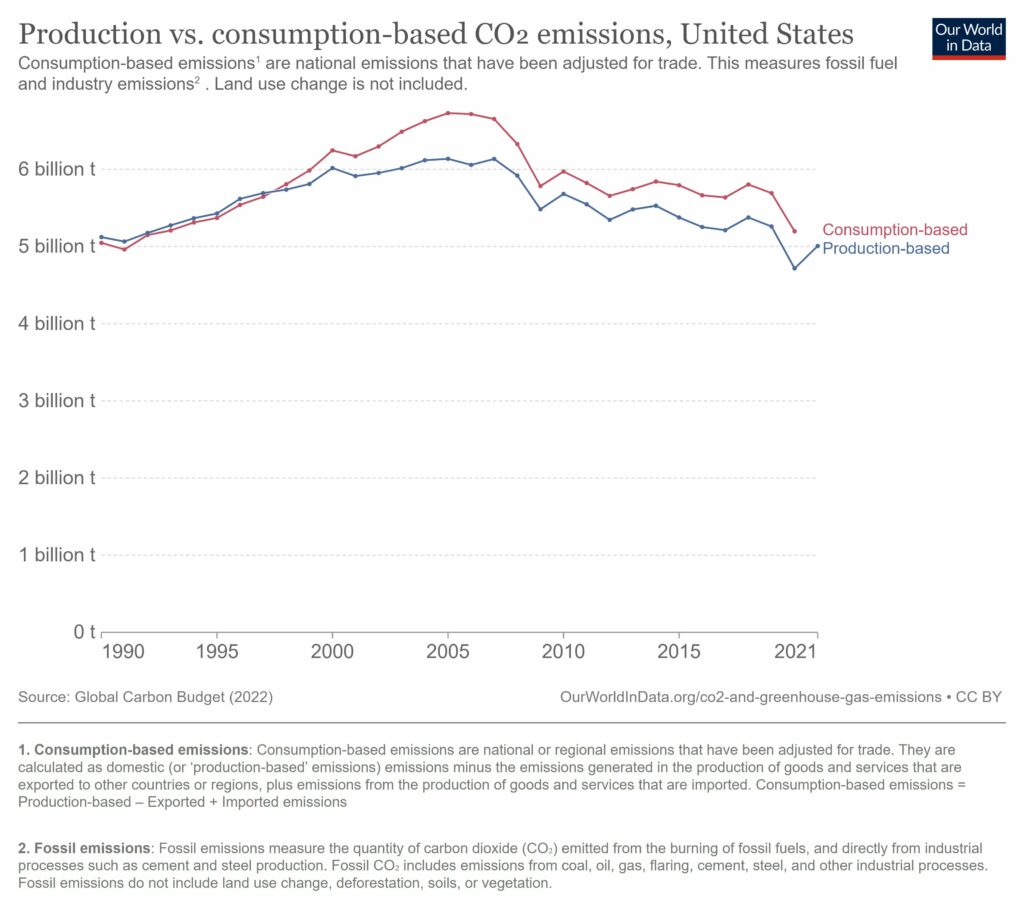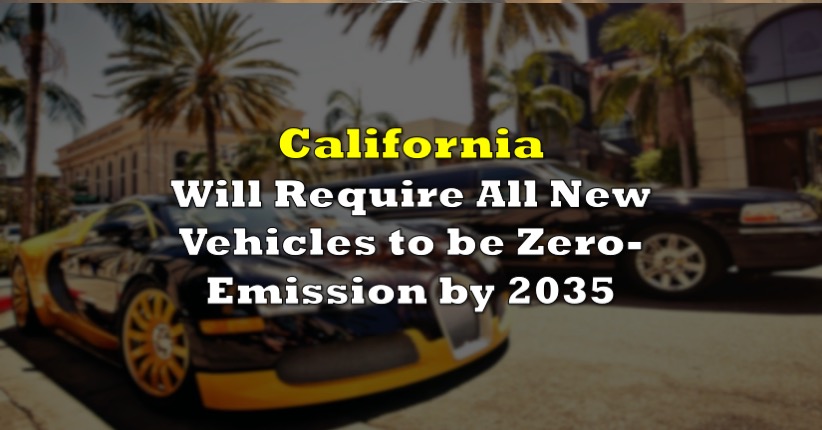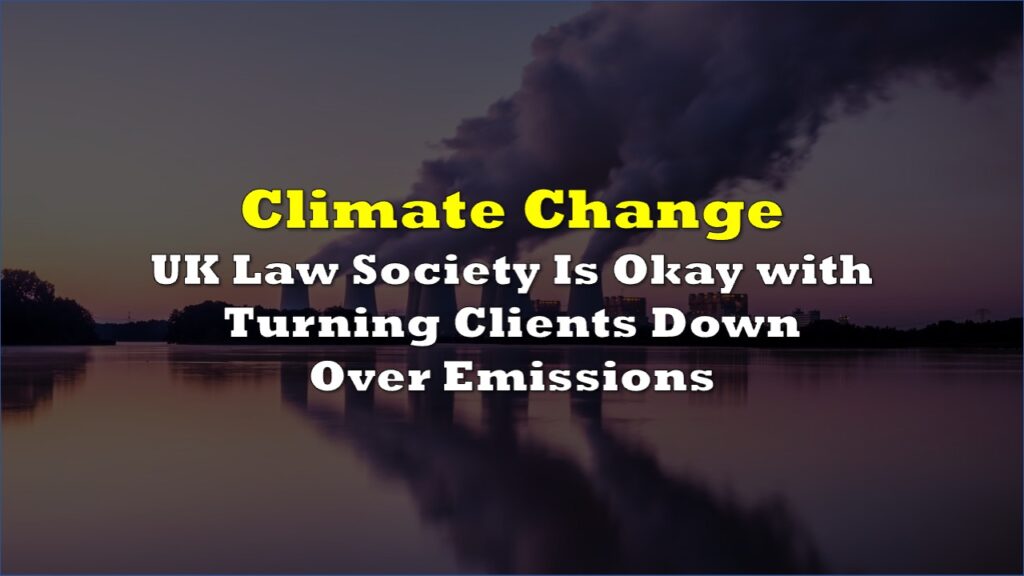Carbon emissions remain a critical factor in the accelerating climate change crisis, but the narrative of these emissions is often misunderstood.
As pointed out by scientific journalist Charles Mann, US per-capita CO2 emissions have dropped below World War II levels. However, the idea that America has made no progress in reducing carbon emissions is pervasive, feeding a sense of despair and inertia that obstructs further necessary action.
There is much, much more to do, but from what I can tell it is not widely understood that US per-capita CO₂ emissions have fallen below WWI levels: https://t.co/WBiPUh7qSg pic.twitter.com/0jizlzDRxw
— 𝙲𝚑𝚊𝚛𝚕𝚎𝚜 𝙲. 𝙼𝚊𝚗𝚗 (@CharlesCMann) July 23, 2023
On one hand, some might argue that these emissions have simply been displaced. With light industries moving overseas to places such as China and India, the perception might be that the US has merely outsourced its carbon problem. However, this is a simplification; much of the heavy industry— with steel being a possible exception, still operates within America’s borders, which means that consumption-based emissions are not significantly different from production-based ones.

In measuring emissions in this particular context, it’s important to recognize that all fossil fuel use is accounted for, including transportation and those embodied in manufacturing. These figures exclude emissions attributed to land use changes, deforestation, soils, or vegetation.
Furthermore, it’s essential to consider that most agricultural CO2 emissions originate from fossil fuel use in machinery and processing facilities, not from the land use itself. In the US, CO2 emissions from land-use changes are relatively small in comparison to those from fossil fuels.
The bulk of ag CO2 emissions are from fossil fuels–machinery, processing facilities, etc. The actual emissions from land are included in "land use change." In any case, US CO2 emissions from land-use change are small compared to those from fossil fuels. https://t.co/AzuPlwy62q pic.twitter.com/LvRvnWNtbB
— 𝙲𝚑𝚊𝚛𝚕𝚎𝚜 𝙲. 𝙼𝚊𝚗𝚗 (@CharlesCMann) July 24, 2023
In the grand scheme, while there’s much work to be done, Mann postulates that the narrative that ‘we’ve done nothing’ to address carbon emissions is far from the truth.
I don't have any real data to support this, but my suspicion is that the mistaken belief that "we've done nothing" feeds into a general despair that acts to stop us from doing the necessary things we should be doing.
— 𝙲𝚑𝚊𝚛𝚕𝚎𝚜 𝙲. 𝙼𝚊𝚗𝚗 (@CharlesCMann) July 23, 2023
Information for this briefing was found via OurWorldInData and the sources mentioned. The author has no securities or affiliations related to this organization. Not a recommendation to buy or sell. Always do additional research and consult a professional before purchasing a security. The author holds no licenses.











